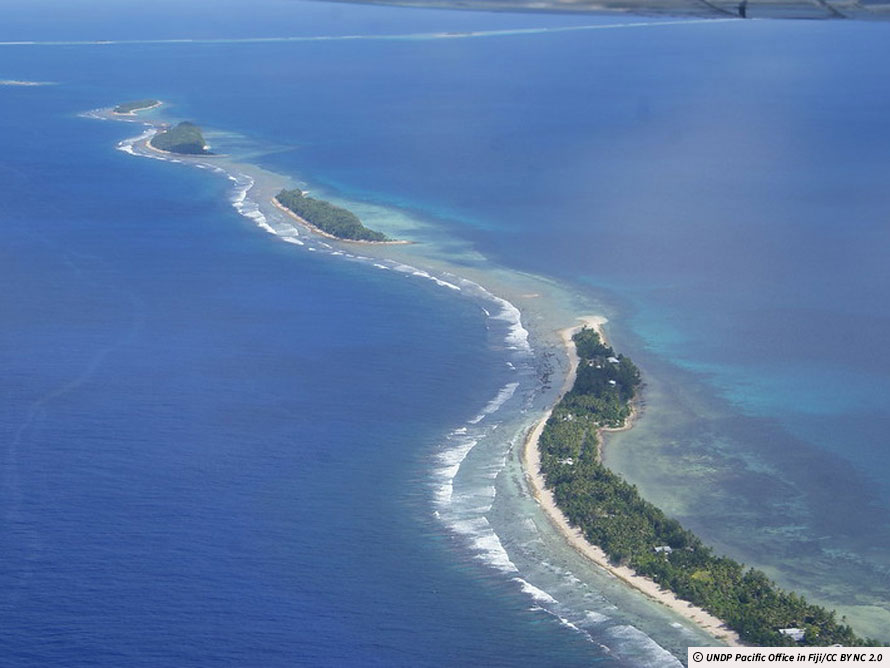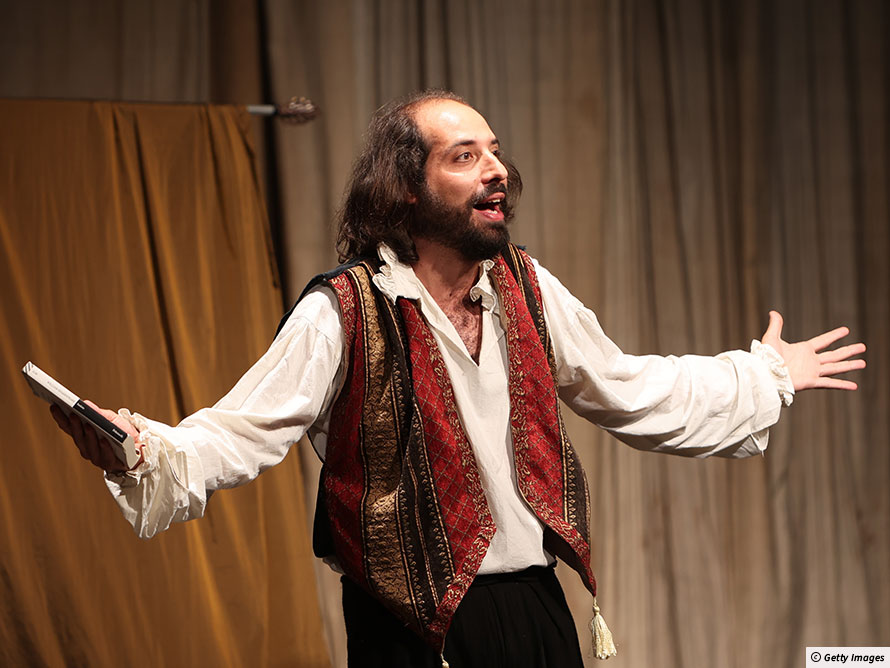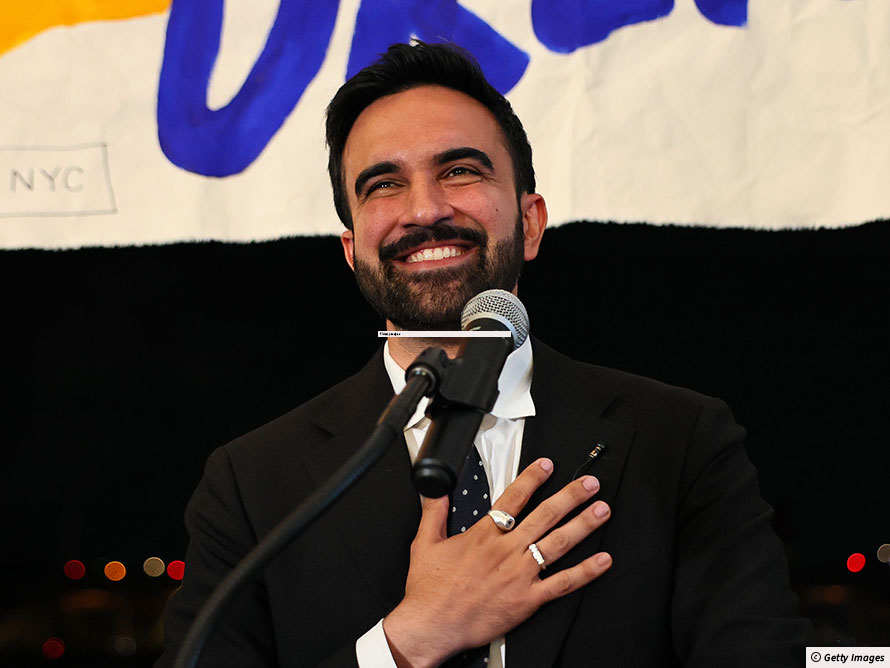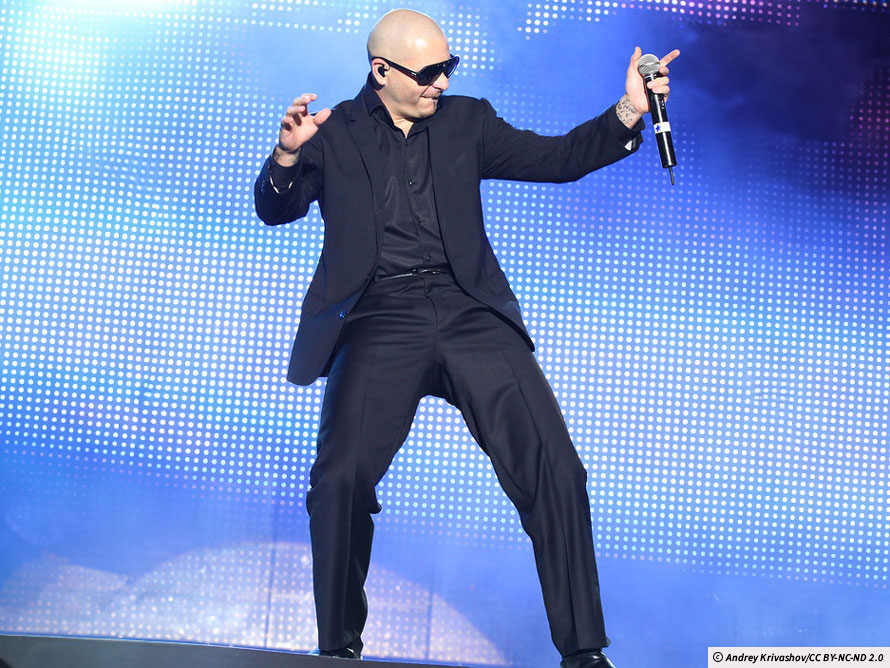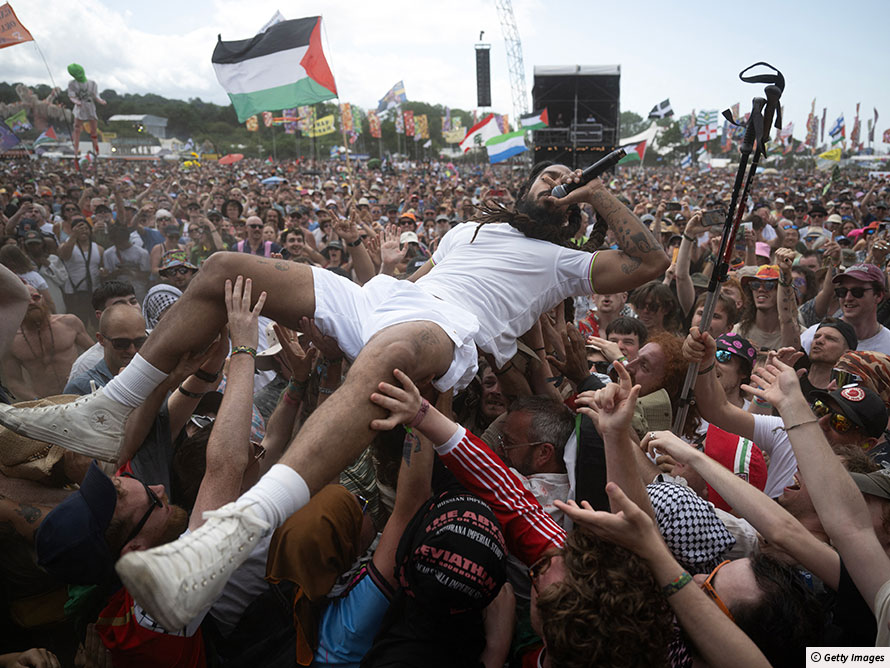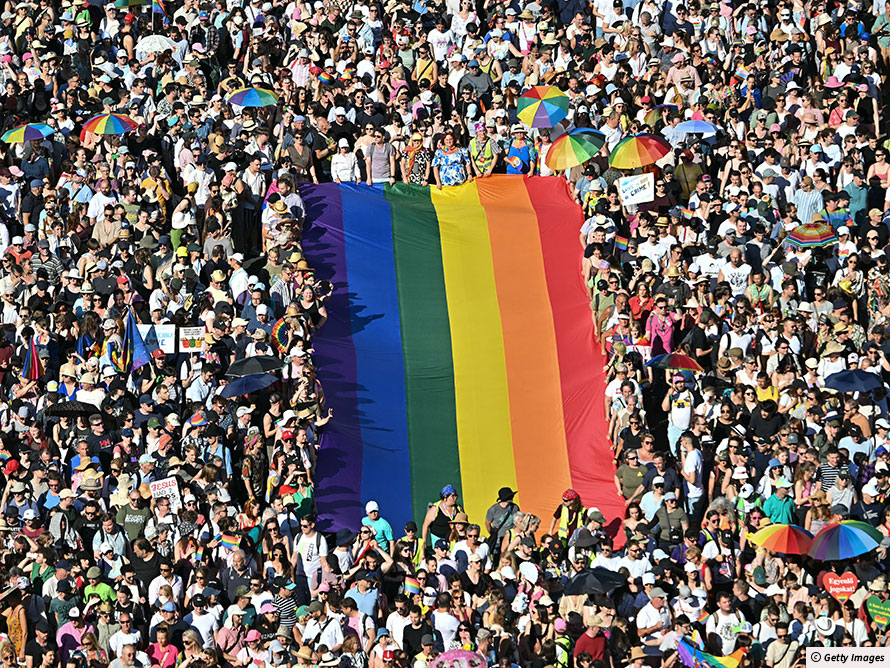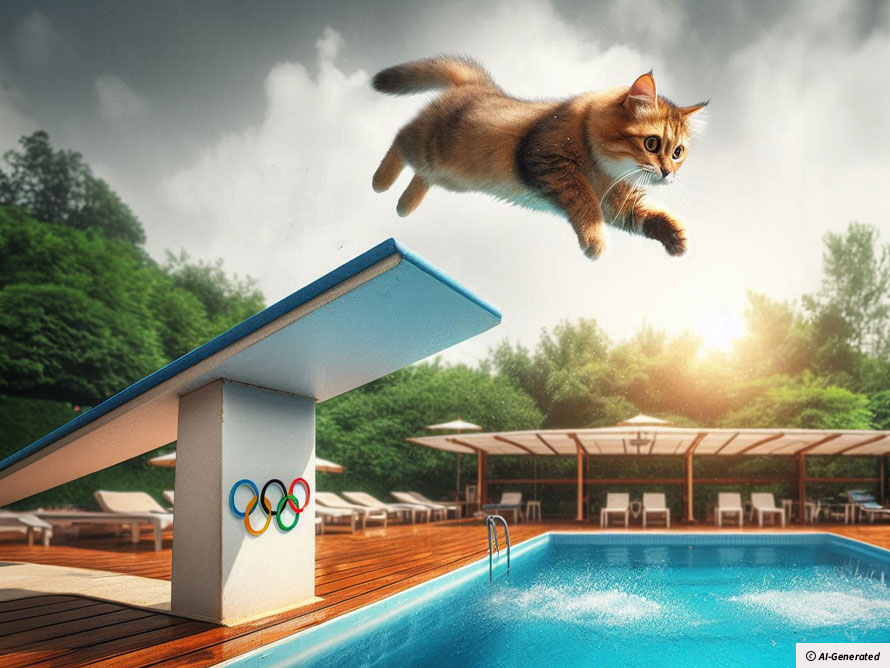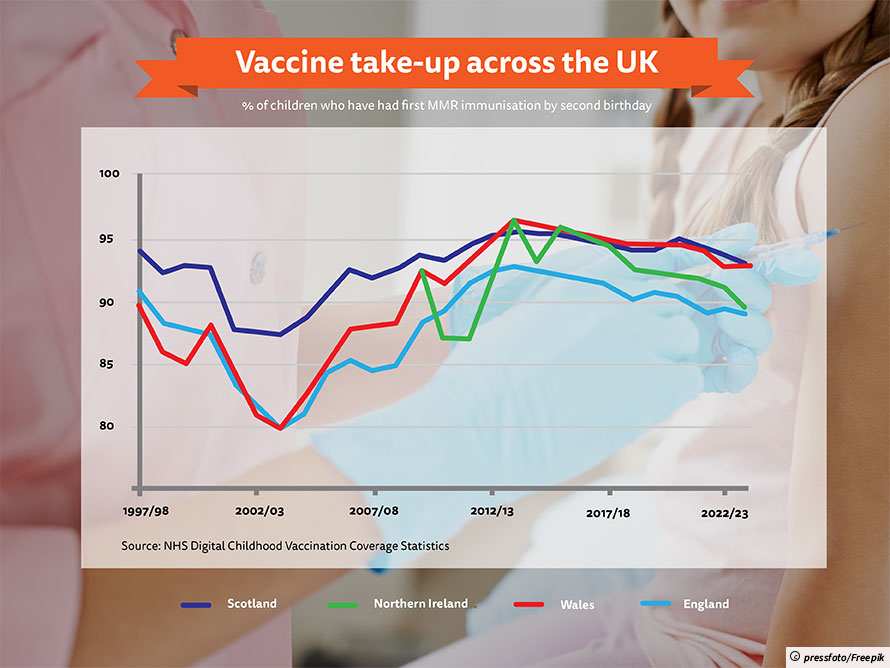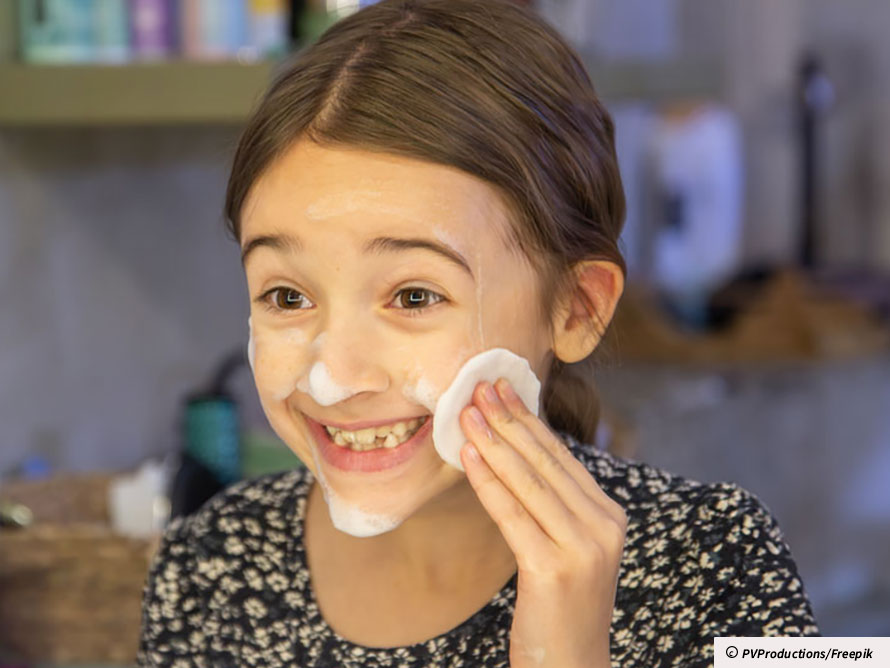Has nature lost its meaning? A new campaign encourages us to situate ourselves within nature, starting with language. But after all of the damage we have caused, have we lost the privilege of membership?
What’s happening?
When you think of yourself, you might think of a rich mind made up of knowledge and experiences. You might think about the complex biological processes that go on inside you.
But you probably do not think of the trillions of tiny microbesVery small living things, also known as microorganisms. that travel around your body and even compose part of your skin. From bacteria to viruses and fungi, your life sustains a multitude of living things, and vice versa.
Your body is an ecosystemA complex network of living things that rely on each other to survive.. Just like the landscapes around you, you are a means by which nature regeneratesGrows new tissue after loss or damage.. However, shut away in our cities, homes and classrooms, it can be easy to forget our intimate connection with nature.
Find out more
A new campaign #WeAreNature is calling for a change to the way we see our relationship with nature, as a way of fighting climate breakdown.
The Oxford English Dictionary currently describes nature as “the physical world collectively, including plants, animals, the landscape, and other features and products of the Earth, as opposed to humans or human creations”.
The campaign argues that this does not reflect the growing evidence and general belief that humans are part of nature and a wider ecosystemA complex network of living things that rely on each other to survive..
Western philosophy has long told us that humans are superior to nature. But according to Buddhist philosophy, humans are just one class of living beings, and we have no right to own natural resources.
Some say this could be the answer to all of our problems. We have lost sight of nature’s many lessons, including the interdependenceThe dependence of two or more people or things on each other. of every living thing.
Has nature lost its meaning?
Some say
Yes! We have embraced human-centred attitudes for so long that we have completely lost sight of the value of nature in our lives.
Others think
No! We are closer to nature than at any other time in our recent history, because we know more about it.
Keywords
Microbes – Very small living things, also known as microorganisms.
Ecosystem – A complex network of living things that rely on each other to survive.
Regenerates – Grows new tissue after loss or damage.
Interdependence – The dependence of two or more people or things on each other.
Cite
While every effort has been made to follow citation style rules, there may be some discrepancies. Please refer to the appropriate style manual or other sources if you have any questions.



